The Basics of a Theory of Knowledge
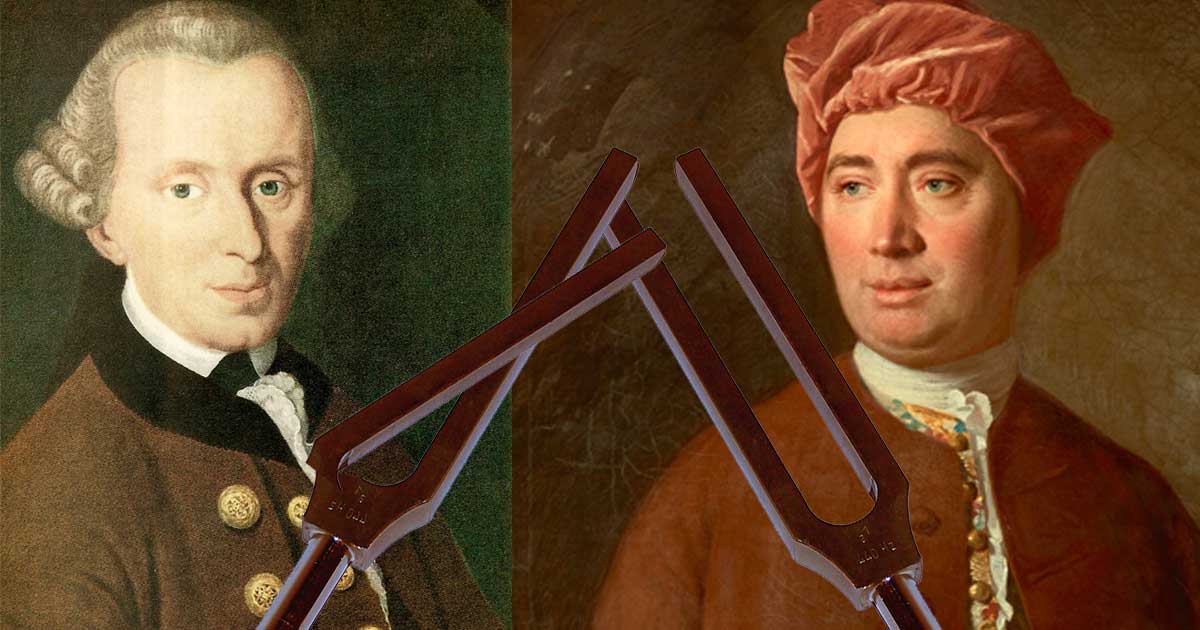
We present a basic theory of human knowledge to help illustrate some essentials of “what we can know” and “how we can know it.”
Reason and logic are two closely related forms of thinking involving the comparison of terms which can be studied in terms of mathematics or philosophy and can be considered together as well as apart.
Or more poetically:
Enlightenment, in then in this respect, is the “ends” of using logic and reason to shed light on that which we would not otherwise know. The change between not knowing and knowing. See the Cave metaphor.

We present a basic theory of human knowledge to help illustrate some essentials of “what we can know” and “how we can know it.”
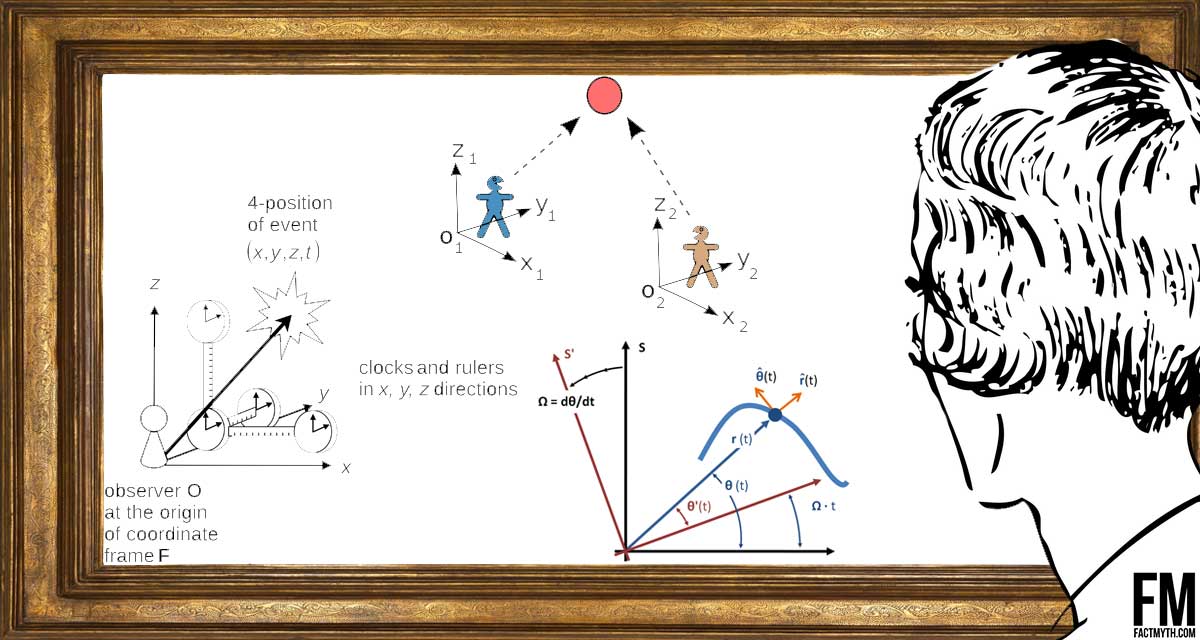
Reason and logic are two closely related forms of thinking involving the comparison of terms that can be studied in terms of mathematics or philosophy and can be considered together as well as apart.
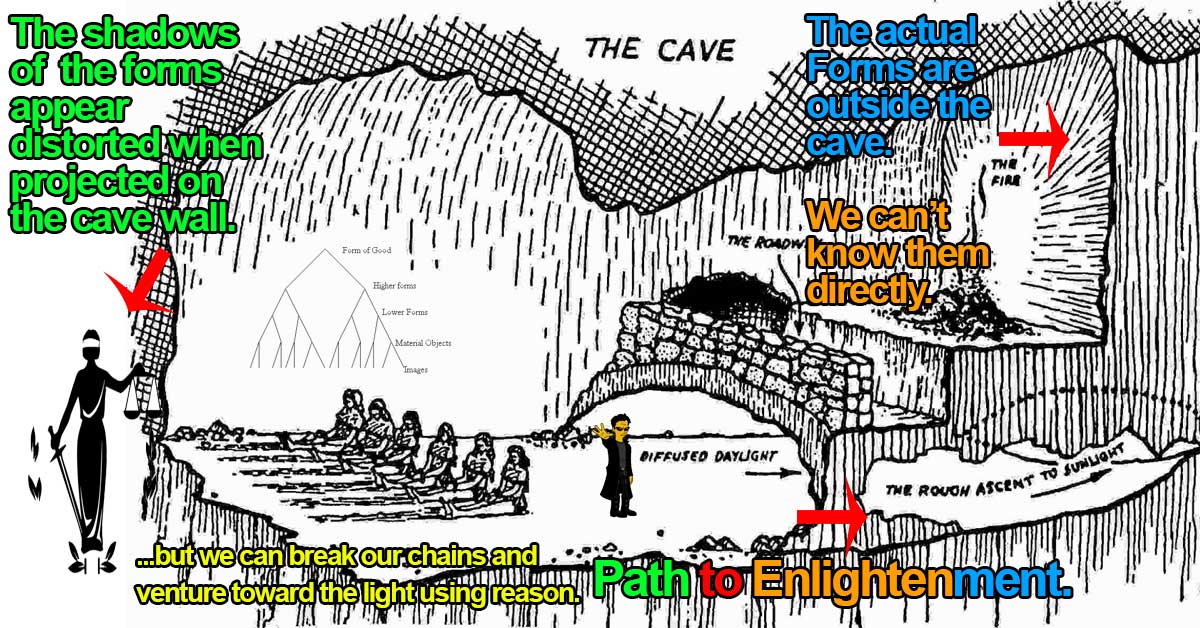
We explain Plato’s Allegory of the Cave and Plato’s Theory of the Forms to help readers understand the essence of Plato’s overarching theory.
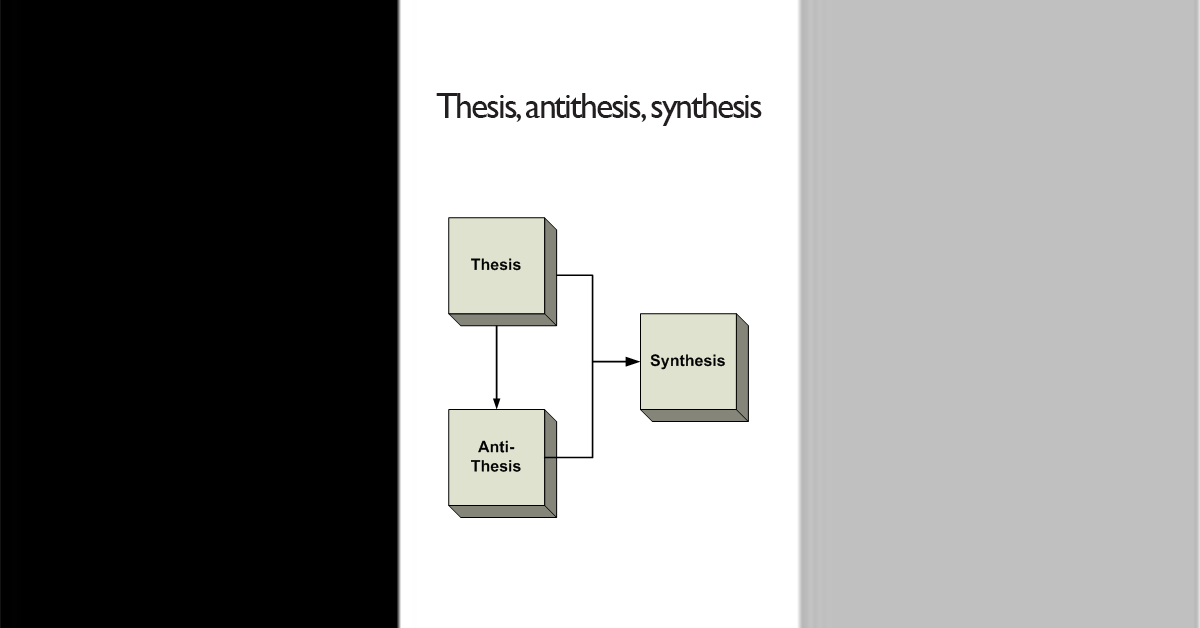
We discuss theories that deal with the nature of abstractions and contradictions including, Dialectics and the Golden Mean theory, and offer a “synthesis” of these theories.
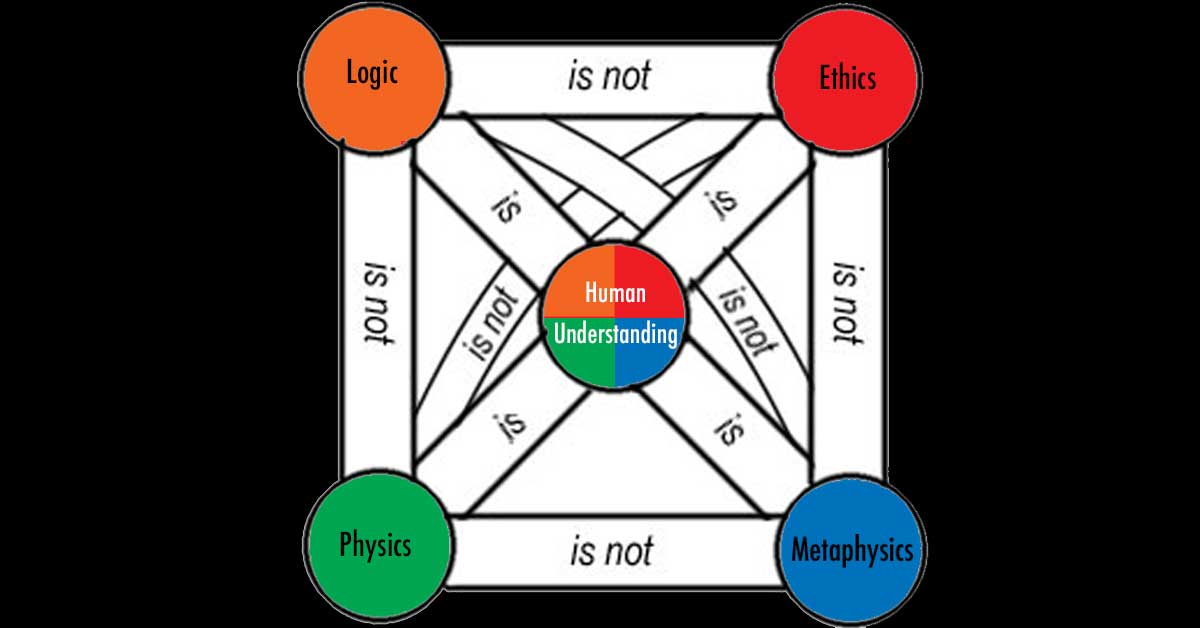
All knowledge, all human understanding, can be said to be of four types: physical (empirical), logical (reason), ethical (philosophy in-action), and metaphysical (pure philosophy).
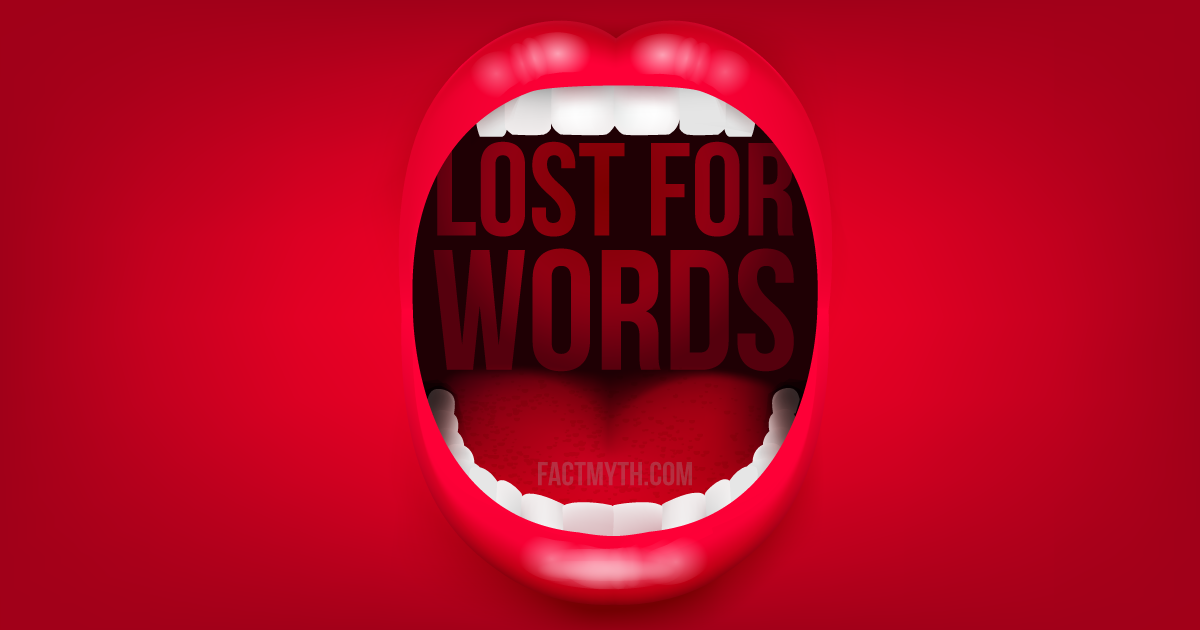
We discuss “giving names to concepts” (defining terms), identifying with terms, be identified by terms, and the implications of this.
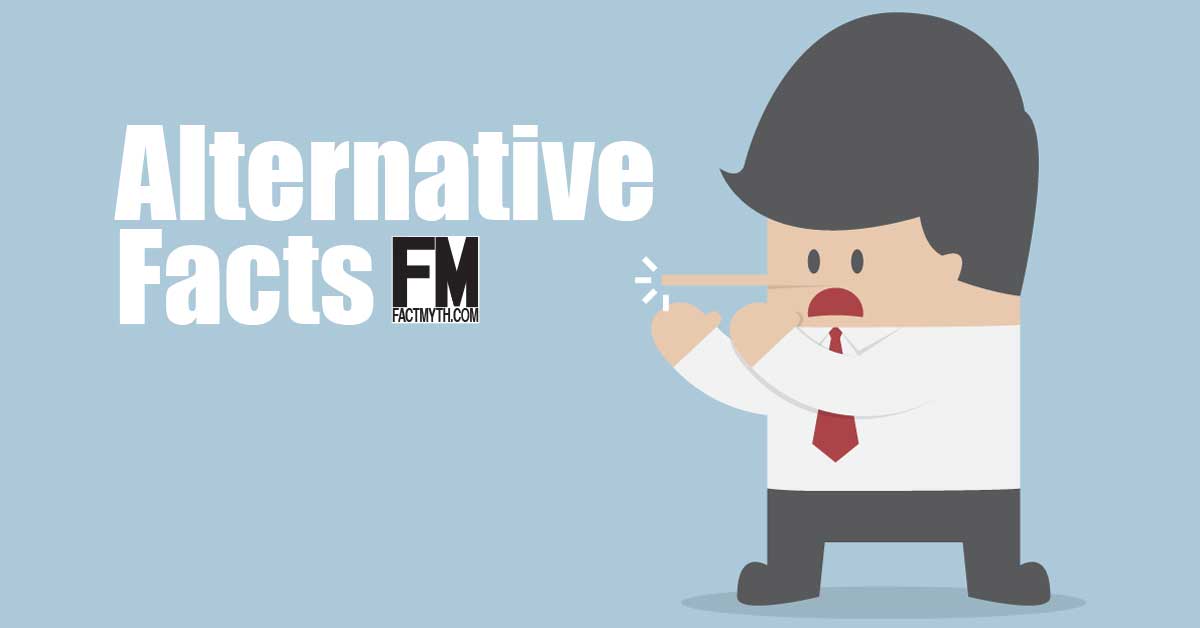
Alternative facts describe inconsistent sets of information submitted as plausible evidence for competing sides of a case/debate/argument.
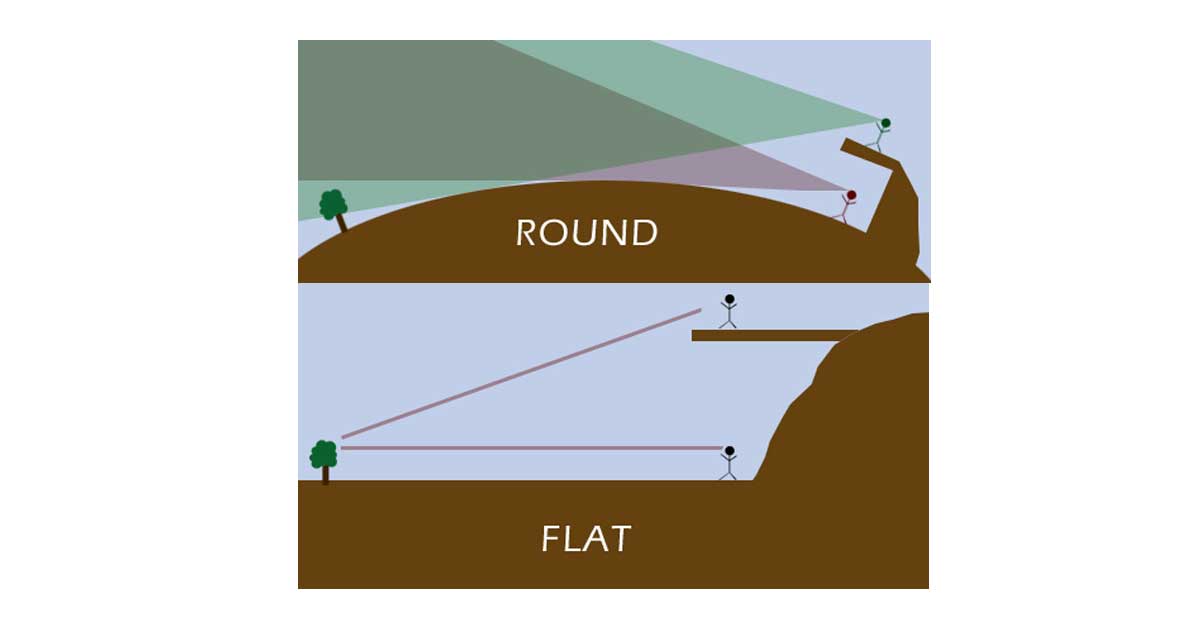
Reason is the application of “pure logic”, empirical evidence, experiment, and skepticism to find truths, facts, and theories (AKA “critical thinking”).
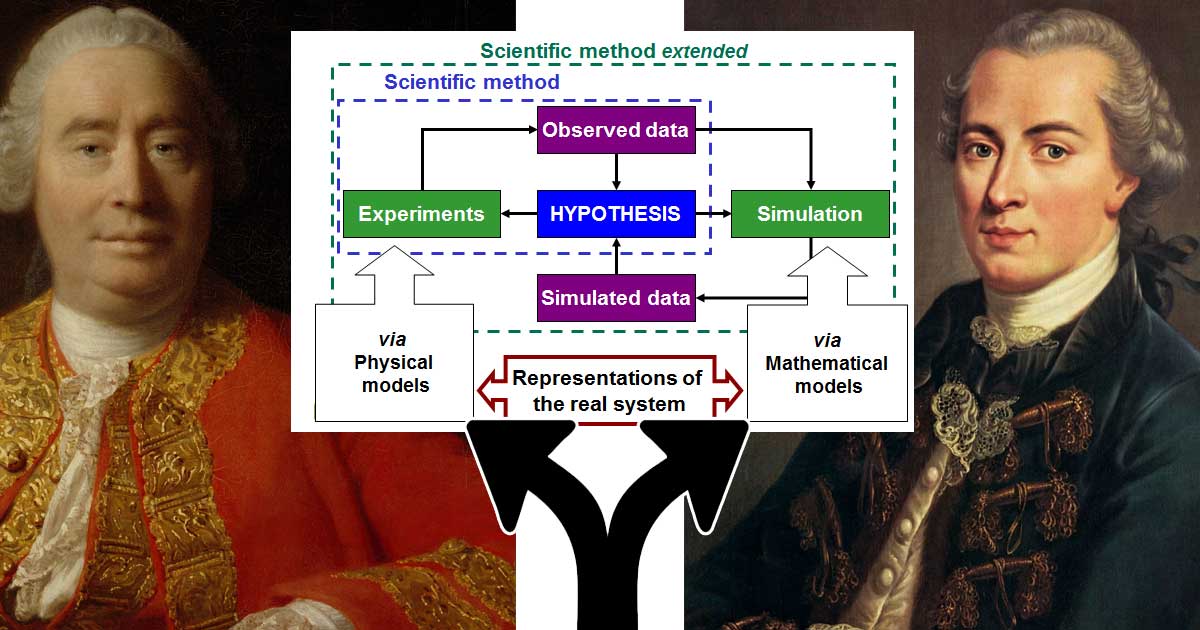
“Hume’s fork” describes how we refer to Kant’s critique of Hume, who separated knowledge into two types: facts based on ideas and facts based on experience.
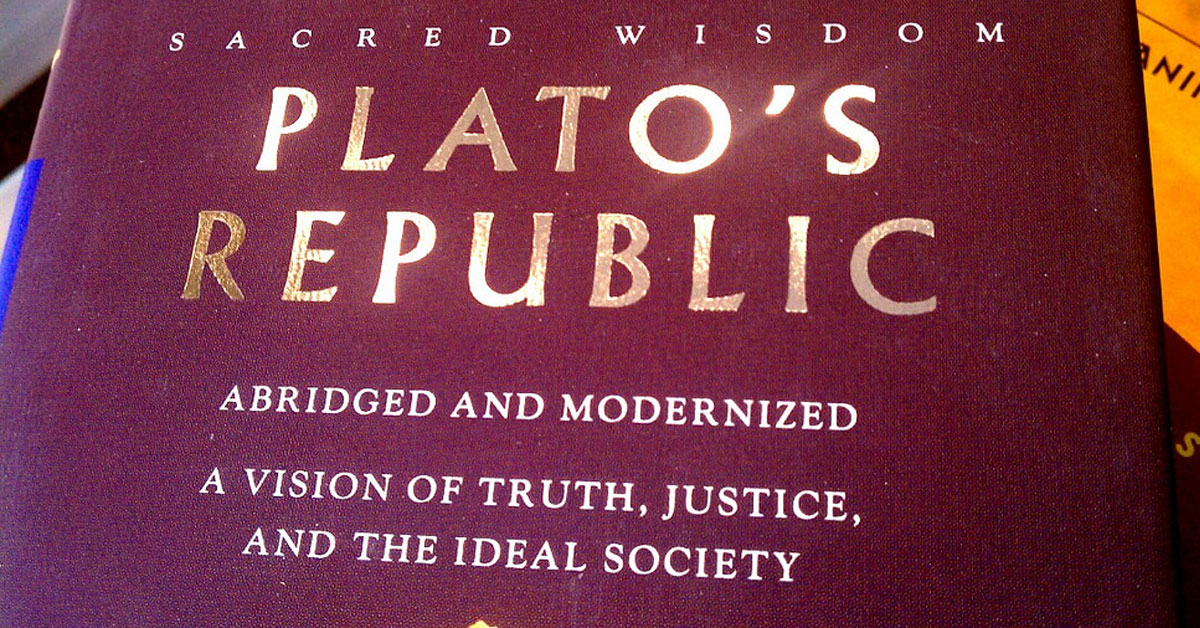
The major branches of philosophy can be denoted as: metaphysics (what is), epistemology (what we can know), logic and reason, ethics and morality, and aesthetics (beauty and art).